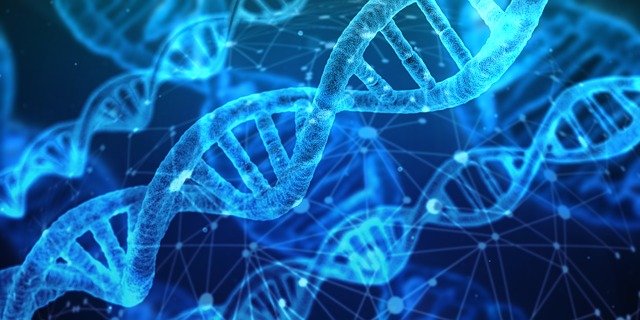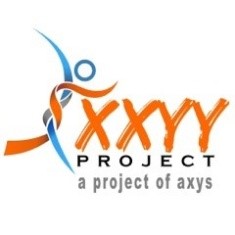About 48,XXXY
About 48,XXXY
Print This Page48,XXXY syndrome, also known as XXXY syndrome, is a less common X and Y chromosome condition, affecting between 1 in 17,000 and 1 in 50,000 male births. 48,XXXY is caused when nondisjunction errors occur in the development of the egg or sperm, resulting in a male inheriting two extra copies of the X chromosome.
48,XXXY is associated with a variety of symptoms, but not everyone has the same symptoms or at the same level. Symptoms of 48,XXXY may include:
- Learning problems ranging from learning disabilities to intellectual disability
- Delays and disorders in speech and language
- Delays in motor skills like sitting, standing, and walking and motor coordination difficulties
- Low muscle tone
- Birth defects, more commonly cardiac, genital, or musculoskeletal systems
- Distinctive physical features like wider-set eyes and curvature in pinky fingers
- Irritability, outbursts, and temper tantrums
- Anxiety
- ADHD
- Impaired social skills, social communication problems, autistic traits
- Hypogonadism and infertility
- Risk for gynecomastia
- Average to taller height
- Dental problems
- Neurological problems such as seizures, tremors or motor tics
- Allergies, asthma, and eczema
- Hormone problems including hypothyroidism and diabetes
- Strabismus
- Sleep apnea
- Gastrointestinal problems including reflux, constipation and eosinophilic esophagitis
- Musculoskeletal problems including flat feet, radioulnar synostosis, scoliosis, osteoporosis
- Risks for blood clots
- Impaired adaptive skills
Testing
48,XXXY can be identified during pregnancy via amniocentesis, CVS, or NIPS (screening test only). A diagnosis of 48,XXXY involves a special genetic test (commonly by blood after birth), typically either a karyotype or a microarray. These tests can be ordered by most medical providers and are available through most major labs.
Resources
Facebook Support Groups: AXYS XXXY Global Support Group | 48,XXXY Medical Syndrome
48,XXYY, 48,XXXY and 49,XXXXY Syndromes: Not Just Variants of Klinefelter Syndrome
The Story of Rapha, a Boy with 48,XXXY/49,XXXXY


